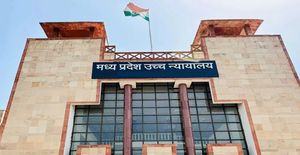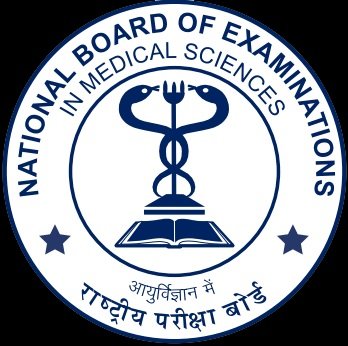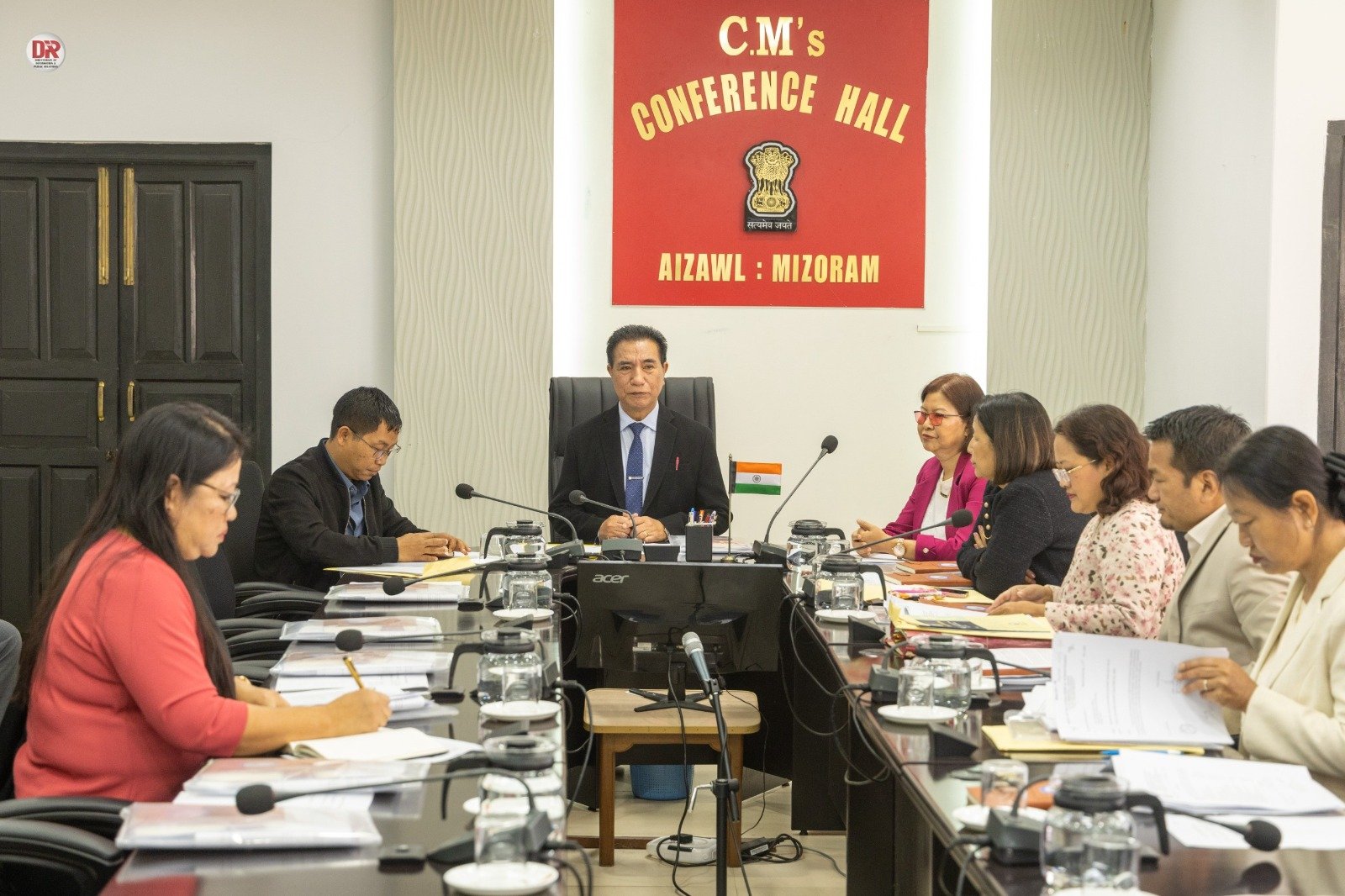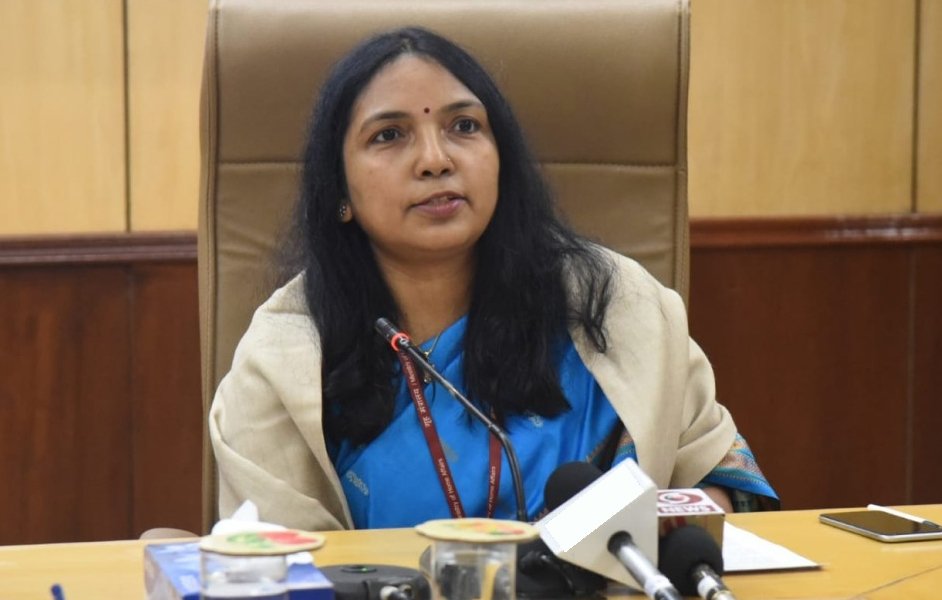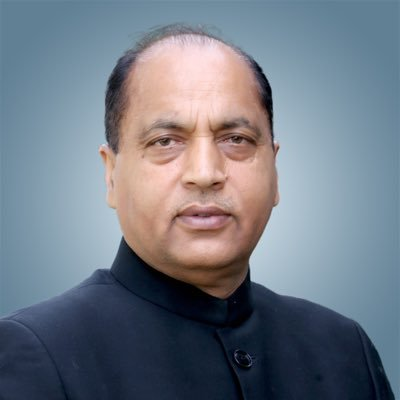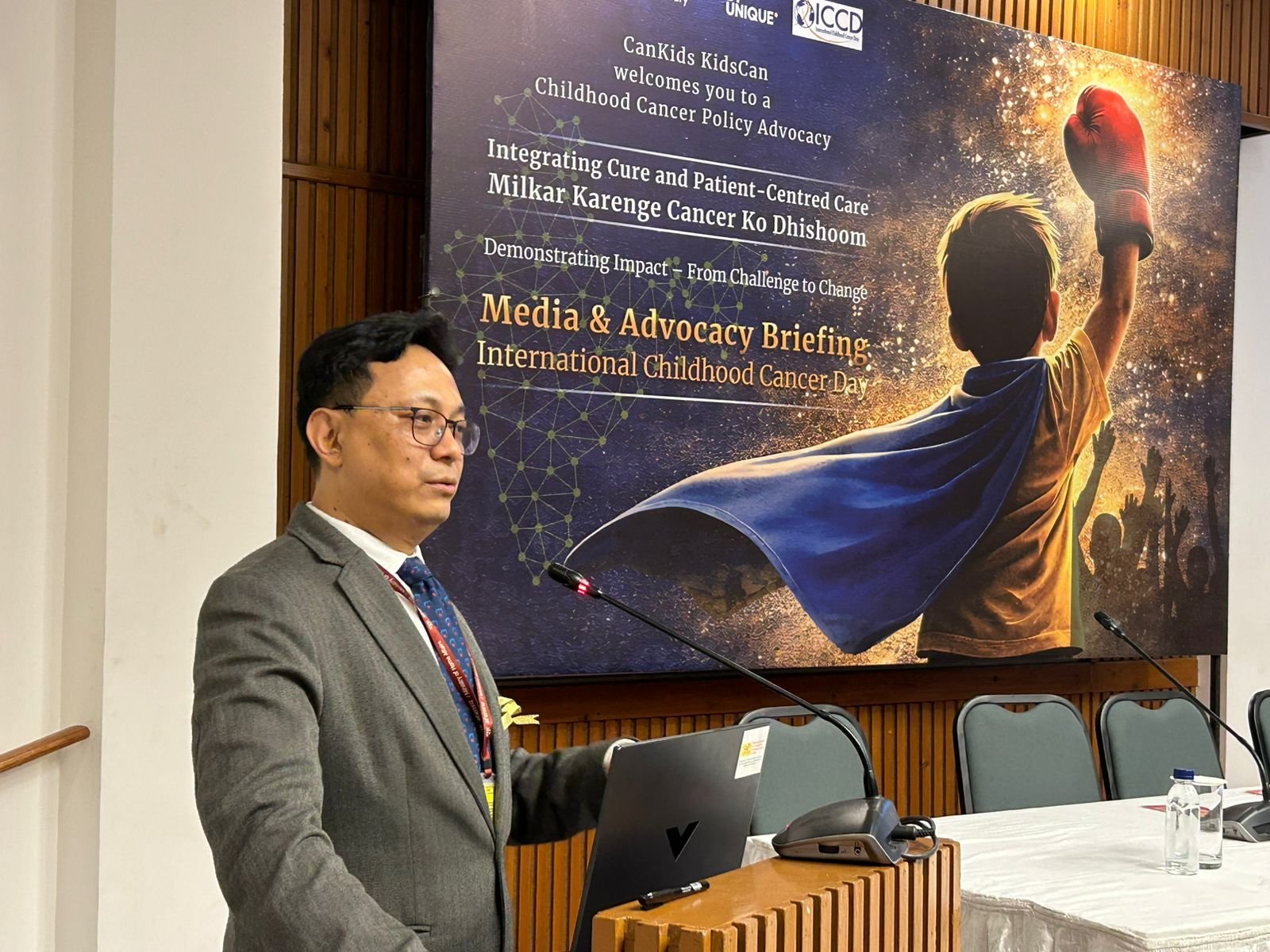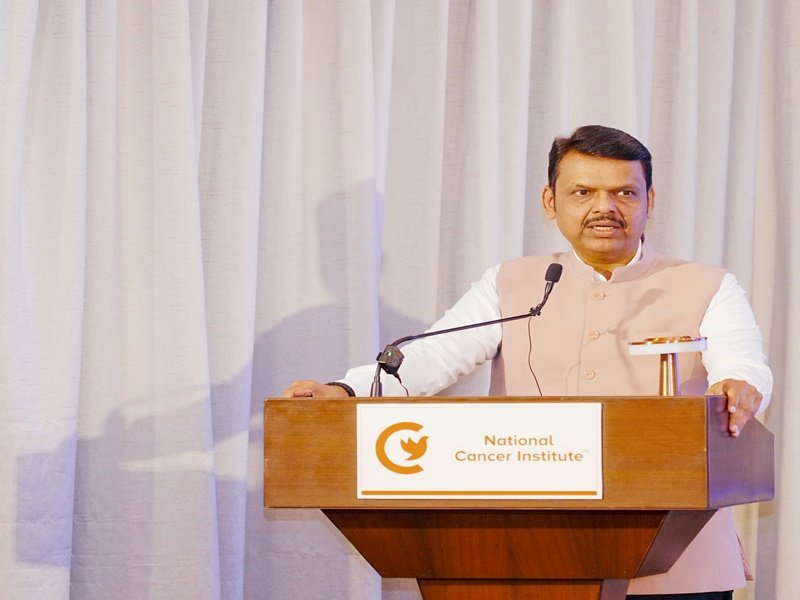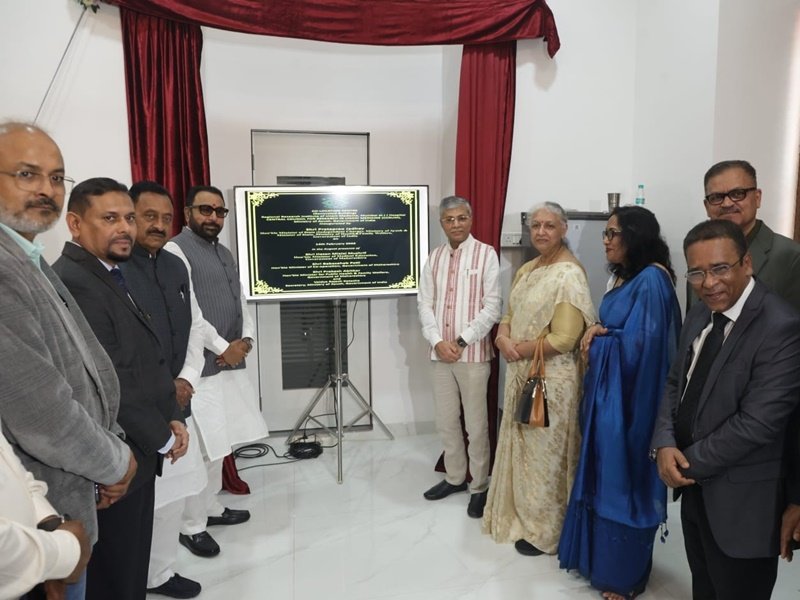
Experts at a major food safety summit in New Delhi stressed the need for strong regulations to handle antibiotics properly, keep food safe, and tackle antimicrobial resistance, or AMR, which threatens public health.
The Global Food Regulators Summit 2025, organized by India’s Food Safety and Standards Authority (FSSAI) and the Ministry of Health and Family Welfare, brought together leaders to discuss ways to build better food safety systems across the entire food supply chain. They focused on everything from farming to packaging and beyond.
Professor Anders Dalsgaard from the University of Copenhagen in Denmark highlighted how antibiotic use in livestock fuels AMR, leading to more deaths in human health. “We need clear rules on how much these drugs contribute to the problem,” he told . “Working with farmers and industry, we can create programs that ensure antibiotics get used wisely and only when necessary.”
Dr. Annie Rahman, CEO of Brunei’s Food Authority, called food safety a worldwide challenge built on trust. “It’s a fast-growing field with new issues popping up all the time, so collaboration is key,” she added.
From the U.S., Dr. Katerina Mastovska of AOAC International pointed to the growing role of artificial intelligence (AI) and data analytics in spotting food risks. “We must create guidelines on bringing AI into food testing to make it more efficient,” she said.
New Zealand’s Vincent Arbuckle, deputy director-general of Food Safety, praised India’s massive efforts. “Your country manages food safety across huge diversity and cultures while aiming to boost food exports. We small nations like ours, with just 5.5 million people, can learn a ton from you.”
Kofi Essuman from the World Packaging Organization in Austria pushed for digital tools to modernize food regulation. “In this age of digitalization, AI, and machine learning, regulators should embrace these technologies,” he explained. He also emphasized smart packaging to prevent contamination, urging careful use of plastics to protect food and the environment through proper disposal.
Separately, at another Delhi event, Angshu Mallick, managing director and CEO of AWL Agri Business, championed traditional Indian cooking methods and called for ramping up domestic edible oil production. India imports 60% of its edible oils, he noted. “To change that, we’re launching a mustard model farm to grow more at home.”
Stay informed on all the latest news, real-time breaking news updates, and follow all the important headlines in world News on Latest NewsX. Follow us on social media Facebook, Twitter(X), Gettr and subscribe our Youtube Channel.





